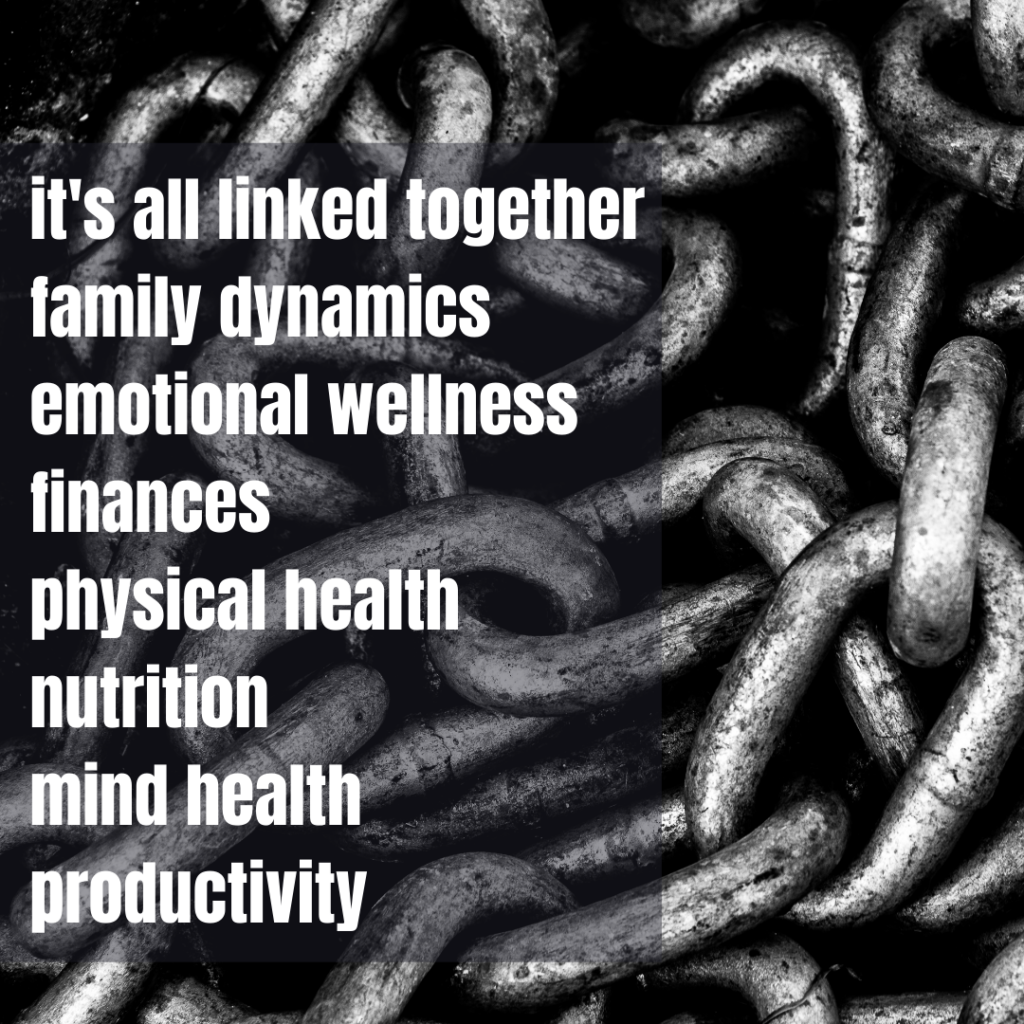What a hot button this is, I was on a zoom call this morning with a lady from Calgary who brings focus to mental health and what it all entails through local movements. Be sure to check out the Community Now magazine to learn more about our very own YYC heroes.
We could spend hours talking about how to ask for help but I don’t think that is where it is at. It is part of it, but what about recognizing when we need help. Can we recognize, understand, label, express, and regulate our very own emotions.
Are we given permission to feel?
Is asking for help easier when we are given the space to not be okay?
One of our FIFO4REAL community members sent this to me for the newsletter and contribution to the blog!
"I love it when we get feedback from our FIFO4REAL community! There are sites that are implementing on-site counselling services, and this is a huge win for all of us. Let's get rid of the negative stigma toward asking for help. We do preventative maintenance on our cars, homes, our physical bodies when we go to the gym, doctor, dentist, massage therapist. Why wouldn't we do that for our most important organ that influences every part of our lives!!
Francisco Valenzuela
Check out what this FIFO4REAL family member wrote and sent to me to share. We love for you tote too.
Why people should go to therapy before they think they need it:
I go to therapy once a month – no matter what’s going on in my life. I’m a normal, well-balanced, exceptionally happy person for the most part. Life is great right now. Couldn’t be better. No complaints. I still see my therapist every set of days off… Why??
Going to therapy when you’re mentally in a good place allows you to develop a baseline relationship over months or years with a professional. You and your therapist both get to know the intricacies of who you are as a person and how you handle things when you’re at your best. You will both know how you react and respond to small daily things that may trouble you, and your therapist will teach you tools to help you through these minor inconveniences. This pays dividends when you eventually hit a challenging time in your life because you already have good tools and habits. Meaning you can recover faster.
NEWS FLASH. NOBODY IS IMMUNE TO CHALLENGES.
When life throws you a curveball, you have a massive advantage if you already have a history with a professional therapist that can guide you through it. You’ll already have excellent tools at your disposal, you’ll have a trusted confidant that knows what’s going on, and you will be ready to work through it together.
Treat it like a physical with a doctor and go at least twice a year. You literally have nothing to lose.

Do you have a missing link, or perhaps one that needs your attention? If so which one?
Below is a great visual of some of our biggest saboteurs – which hits it home for you?


I should explain how understanding your saboteurs and your controllables paired with accountability can become your SUPERPOWER.
- Think next level – who’s got grit, determination, write out those goals. A dream without a plan is just a wish.
- Play to your strengths – this is your superpower, put your focus here and all in others for your weaknesses.
- Less is more – simplicity brings clarity, be precise, get clear, keep it simple.
- Manage your motivation – what is the purpose? is there a “why”?
- Manage your emotions – recognize, understand, label, express, and regulate.
- Manage your mood – self-awareness, reflection, enhance your emotional intelligence.
- Know your mantra – speak kindness, have a mantra that gives encouragement and is uplifting for yourself.
- Be profitable & sustainable – know your worth, keep a balance, consistently showing up.
- People matter – surround yourself with the right people, the right professionals that can equip you, empower you, and inspire you.
- No one gets there alone – it’s about community, friendship, journeying together.
I’m going to give you some pages out of the workbook that I am working on in hopes to help you work through some of your barriers and controllables.
Let’s start with writing out some of your goals for the following areas: (be specific, healthy, action-oriented, reachable, purpose aligned.)
- Emotional Intelligence
- Mental Wellbeing
- Financial Wholeness
- Relational Excellence
- Physical Being
- Professional Success
- Creativity
- Spiritual Belief System
What is your “WHY”, what is the driving force behind wanting this change to occur?
What is your motivation?
From the book “Good to Great” by Jim Collins
People and companies go from good to great when they have the right people on the bus! Do you have the right people on your bus?
The right friends, professionals, community – who’s walking along side you? Do you have shared vision, values, purpose?
Now look above at the controllable obstacles and you’re uncontrollable, ask yourself where are my resources and how can I tap into them? They may be internal or external, what programs are out there to help you. Does your work offer assistance, EAP plans, counselling, workshops, bring in professionals to help you in all areas? Mentorship, reading, podcasts, small groups. Where are your gaps?
Remember if you do what you’ve always done you will get what you’ve always gotten. Ask yourself what additional skills, tools, resources do you need to cultivate to reach your goals? What is your action plan to get there?
- Articulate your next steps to bring you closer to what you desire most in life.
- Steps to cultivate a sense of empowerment.
- Observe the obstacles and challenges and build out a plan to address them.
- How will I bridge the gap over the next months?


